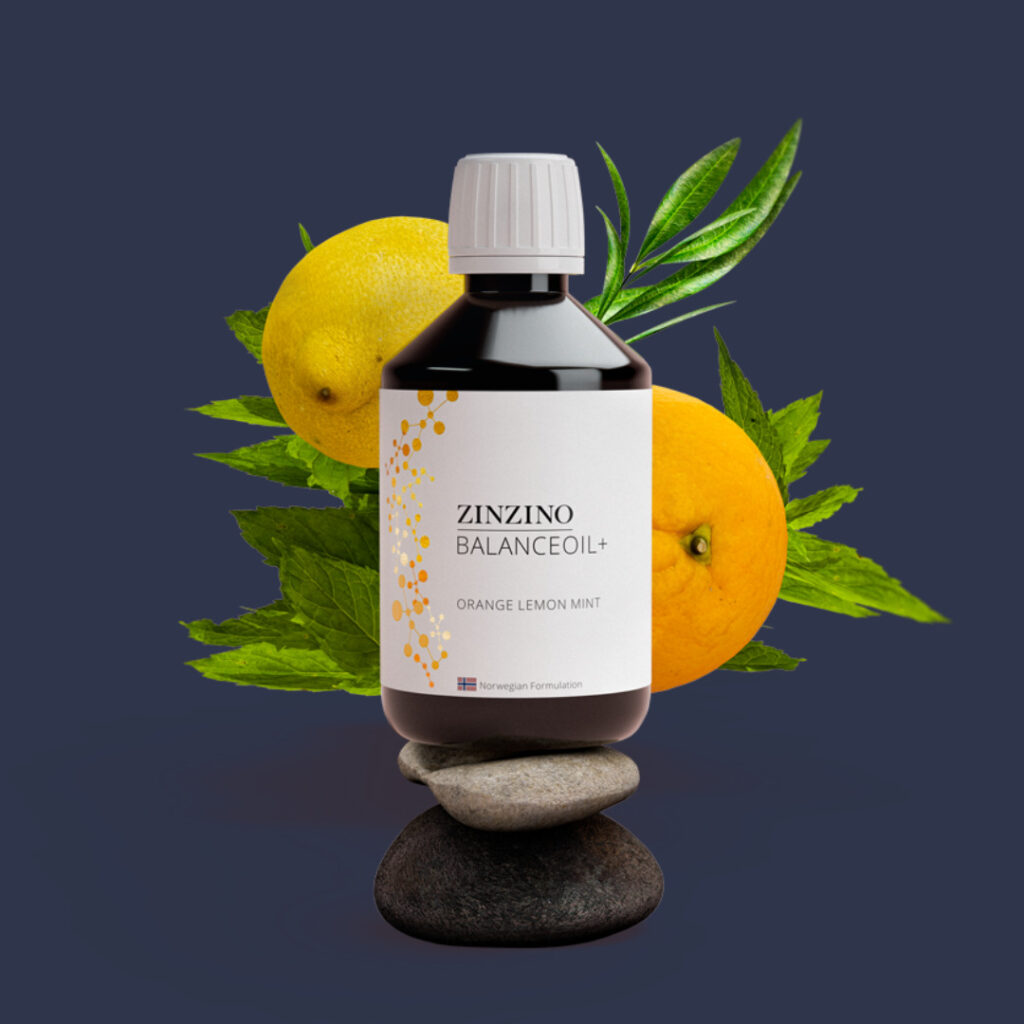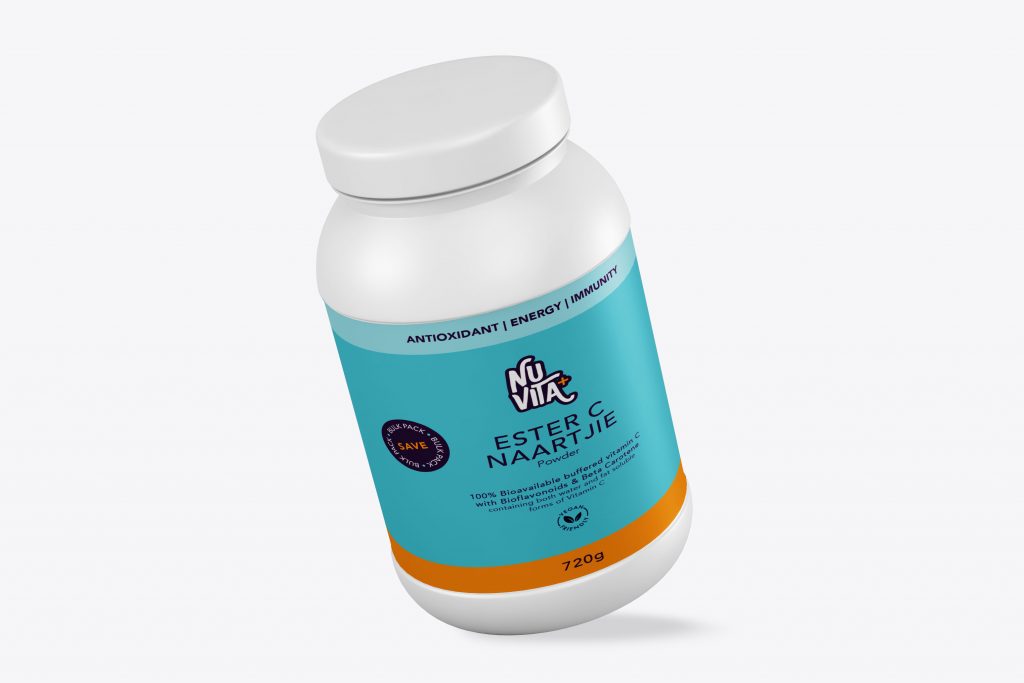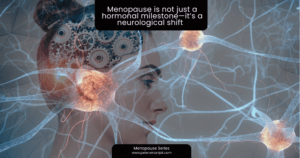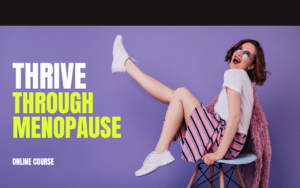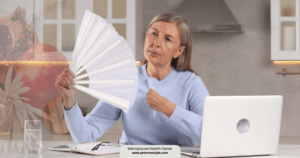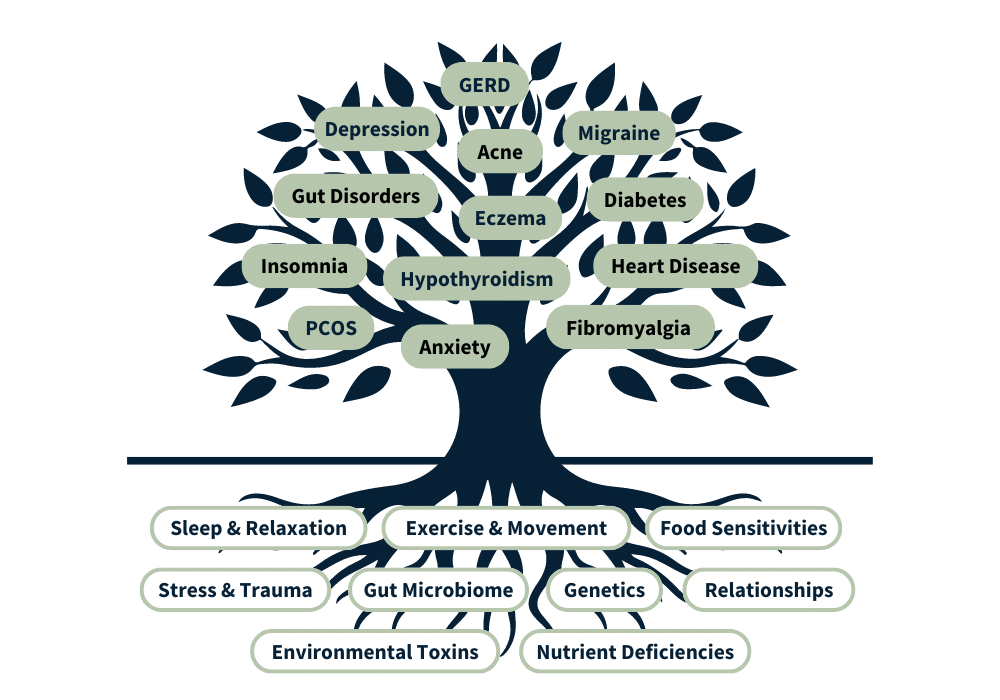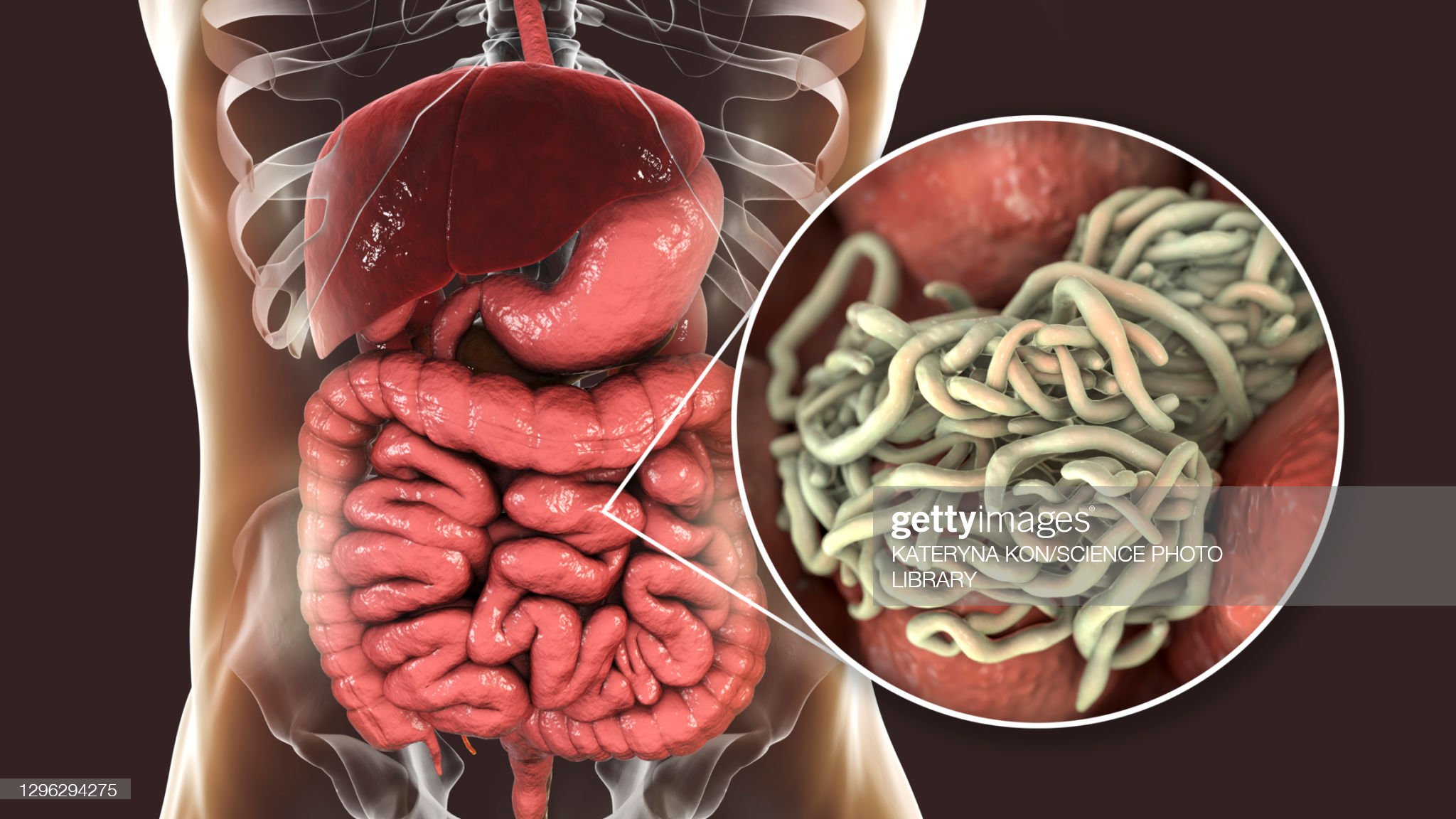Protecting you income starts in the kitchen. Why? Because many non-communicable health diseases such as heart disease, cancer, Alzheimer’s and many more can be prevented or reversed from what is produced in the kitchen. Add some moderate exercise and stress management steps and increase the effect.
Wouldn’t you take the thousands of rand that you pay towards medical aid and insurance every month (in some instances more that what you pay on your bond) and rather invest it into preventative care that will help you today and into your later years. I am not talking about a gym membership or a spa day only, but what you consume, what you drink and the lifestyle factors that can change your life for the good?
Chronic or daily use of meds (drugs)
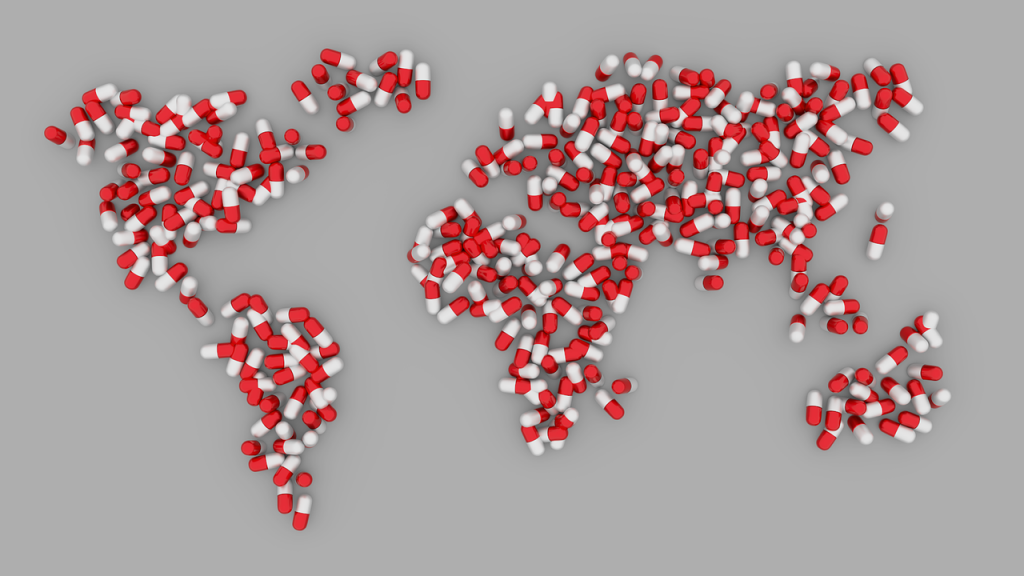
If you knew that your daily medication regime could be a major cause for your loss of future income, and keeping you reliant on the medical insurance or life insurance industry, would you do something about it or just hope for the best? Many live with an ostrich syndrome (it won’t happen to me) and spend their last 20 years medicated or cared for by their children or caregivers.
Besides gaining success during our productive years, as we advance, what happens in the kitchen over time is going to impact every one of us. Let me share a story that shows up time and time again. This story is about the risk of taking certain prescribed medications.
In our practice we see client’s that started on one specific drug in their twenties. Did you get that? Their first ‘drug’ began in their twenties and by the time they are in their sixties, they are on 5-8 different ‘drugs’ because each drug’s side effects or the bodies immunity to the drug, required further drugs. Let alone their health condition deteriorated over the years.
In your own work environment what percentage of people are on some form of medication that impacts their cognitive function, their energy levels and sleep quality. Depending on the work environment, up to fifty percent of people are on pharmaceutical drugs that could be reduced or eliminated all together.
In some instances prescribed medication is vital to survival, however, in the majority of other circumstances it is the daily quick fix that is abused by the medical profession and consumers alike. Not intentional when suffering headaches and we reach for the pain meds or the anti-inflammatory tabs. Over time taking any form of drugs will catch up to everyone. No one is protected from the ongoing use of prescribed drugs.
Inflamed: Our Default Bodily State of Daily Living
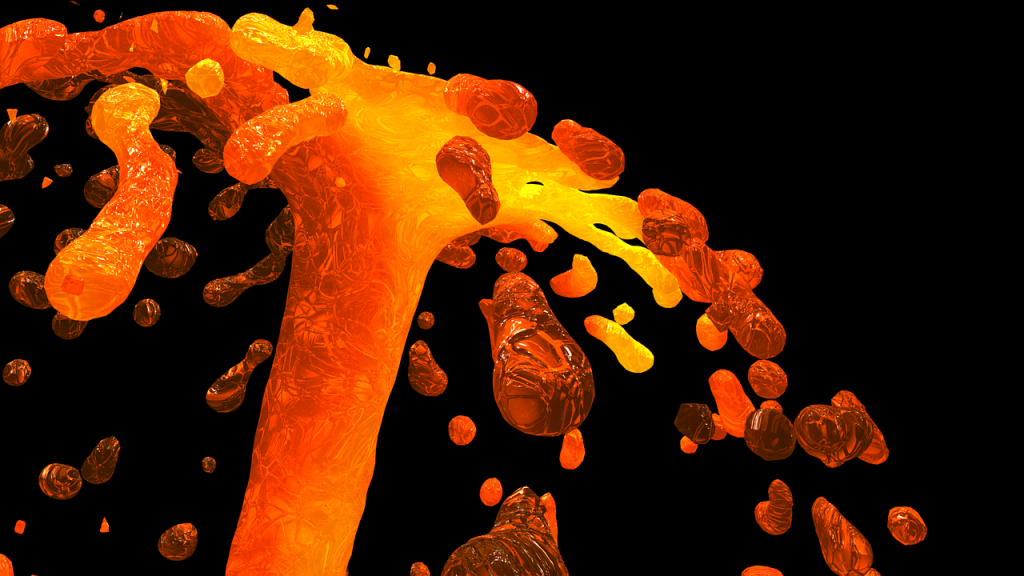
Why are so many people taking NSAID drugs like ibuprofen?
Pain and unhealthy levels of inflammation are fast becoming default bodily states. While in most cases we can adjust the underlying pro-inflammatory conditions by altering our diet, and reducing stress and environmental chemical exposures, these approaches require indepth knowledge, take time, discipline and energy, and sometimes we just want the pain to stop now.
It is difficult to believe that any one individual, if knowing the side effects of these drugs, would continue their use indefinitely. In those often desperate moments we find ourselves popping an over-the-counter pill to kill the pain. However this is short lived while not change lifestyle factors. You were not brought into the world with the pain. There is always or in most instances, an underlying cause that is unknowingly, self-inflicted.
The risk of the medical symptomatic business model, if we do it often enough, we may harm ourselves along with the pain. How I experienced this was with own father who died at fifty five years of age and first the GP who without thought prescribed copious amounts of pain killers for my parents. Then, with my father having a relationship at the pharmacy, the pharmacist didn’t require a script any longer and would willingly become the drug supplier of these lethal concoctions.
Ibuprofen really is a perfect example of this. This petrochemical-derivative that has been linked to significantly increased risk of heart attack and increased cardiac and all-cause mortality (when combined with aspirin), with over two dozen serious adverse health effects, including:
- Anemia
- DNA Damage
- Hearing Loss
- Hypertension
- Influenza Mortality
- Miscarriage
In a study titled, ‘Effect of ibuprofen on cardio-protective effect of aspirin’ the hypothesis for the study was “Treatment with ibuprofen might limit the cardio-protective effects of aspirin”. The researchers aimed to assess whether patients with known cardiovascular disease who take low-dose aspirin and ibuprofen have increased risk of cardiovascular mortality.
They studied 7107 patients who were discharged after first admission for cardiovascular disease between April, 1989, and April, 1997, and who were prescribed low-dose aspirin (<325 mg/day) and survived for at least 1 month. Compared with those who used aspirin alone, patients taking aspirin plus ibuprofen had an increased risk of all-cause mortality and cardiovascular mortality. The finding lends support to the hypothesis that ibuprofen may interact with the cardio-protective effects of aspirin, at least in patients with established cardiovascular disease. (Lancet. 2003 Feb 15; 361(9357): 573-4. PMID: 12598144. Author(s):T M MacDonald, L Wei)
Natural Anti-Inflammatory Alternatives To Ibuprofen
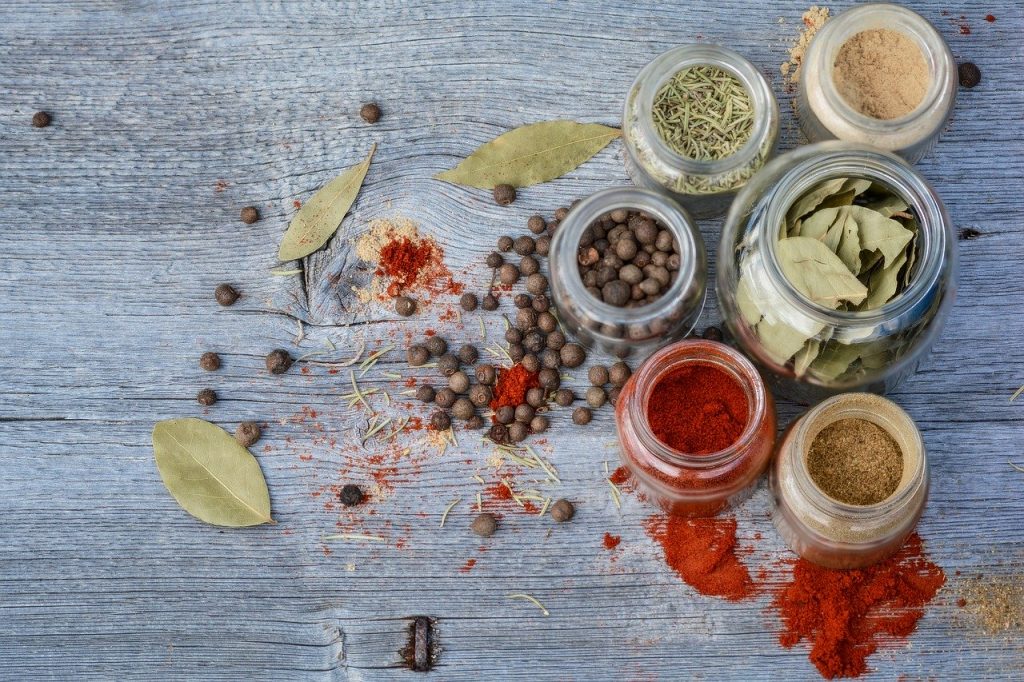
Here is some evidence-based research on alternatives to ibuprofen, sourced from the National Library of Medicine:
- Ginger – A 2009 study found that ginger capsules (250 mg, four times daily) were as effective as the drugs mefenamic acid and ibuprofen for relieving pain in women associated with their menstrual cycle (primary dysmenorrhea).
- Topical Arnica – A 2007 human study found that topical treatment with arnica was as effective as ibuprofen for hand osteoarthritis, but with lower incidence of side effects.
- Combination: Astaxanthin, Ginkgo biloba and Vitamin C – A 2011 animal study found this combination to be equal to or better than ibuprofen for reducing asthma-associated respiratory inflammation.
- Chinese Skullcap (baicalin) – A 2003 animal study found that a compound in Chinese skullcap known as baicalin was equipotent to ibuprofen in reducing pain.
- Omega-3 fatty acids: A 2006 human study found that omega-3 fatty acids (between 1200-2400 mg daily) were as effective as ibuprofen in reducing arthritis pain, but with the added benefit of having less side effects.
- Panax Ginseng – A 2008 animal study found that panax ginseng had analgesic and anti-inflammatory activity similar to ibuprofen, indicating its possible anti-rheumatoid arthritis properties.
- St. John’s Wort – A 2004 animal study found that St. John’s wort was twice as effective as ibuprofen as a pain-killer.
- Anthocyanins from Sweet Cherries & Raspberries – A 2001 study cell study found that anthocyanins extracted from raspberries and sweet cherries were as effective as ibuprofen and naproxen at suppressing the inflammation-associated enzyme known as cyclooxygenase -1 and 2.
- Holy Basil – A 2000 study found that holy basil contains compounds with anti-inflammatory activity comparable to ibuprofen, naproxen and aspirin.
- . Olive Oil (oleocanthal) – a compound found within olive oil known as oleocanthal has been shown to have anti-inflammatory properties similar to ibuprofen.
There are hundreds of additional substances which have been studied for their pain-killing and/or anti-inflammatory effects, and there are also aromatherapeutic approaches that do not require the ingestion of anything at all.
When we think of taking an alternative pain-killer to ibuprofen, we are still thinking within the palliative, allopathic medical model: suppress the symptom, and go on about our business. It would befit us to look deeper into what is causing our pain and when possible, remove the cause(s). And that often requires a dietary shift away from pro-inflammatory foods, many of which most Westerners still consider absolutely delightful, e.g. sugar, wheat, dairy, nightshade vegetables and even wheat-free grains, alcohol and more.
So what can you do?

For one thing it is not about another insurance option or medical aid or another diet. It’s about being smarter and awaking to how investing in you and your tribe or community (family, friends and employees) can offer a substantial reward.
To have access to more disposable income, you could reduce all insurance and medical payments. When doing so, the additional funds can be invested into what you do in the kitchen. It would not be advisable to waste the additional funds on eating out since in most instances this is a cause too many health conditions. You have no control over how your food is made.
Our financial savings guidance is to help you restructure your financial and medical covers to include a self-insurance element. This will reduce what you paying out every month and provide additional money to spend on yourself and your family. Massive savings and improved health could be the result of this small change. Who wouldn’t want that change?
Remember it all begins in the kitchen.

